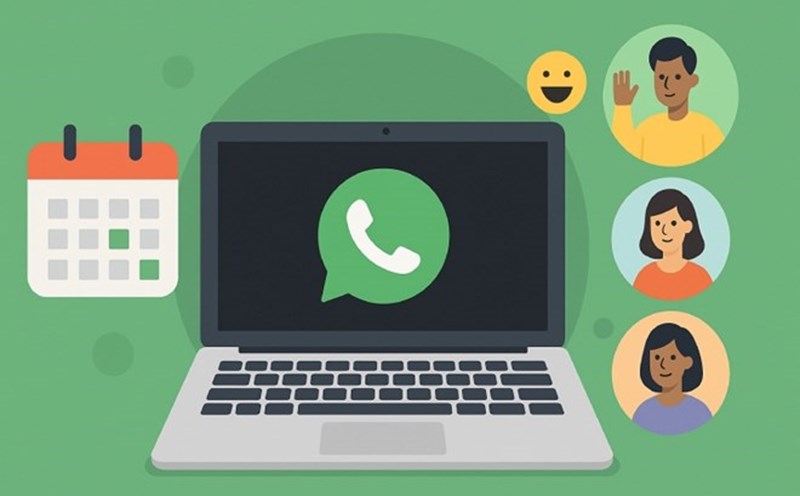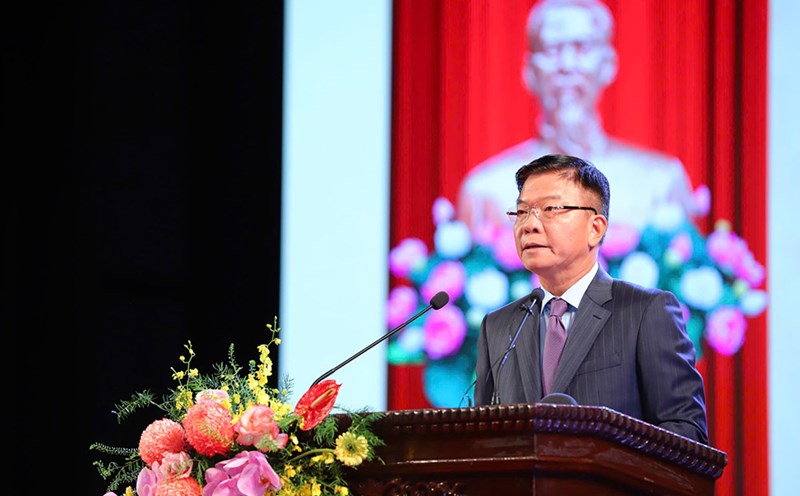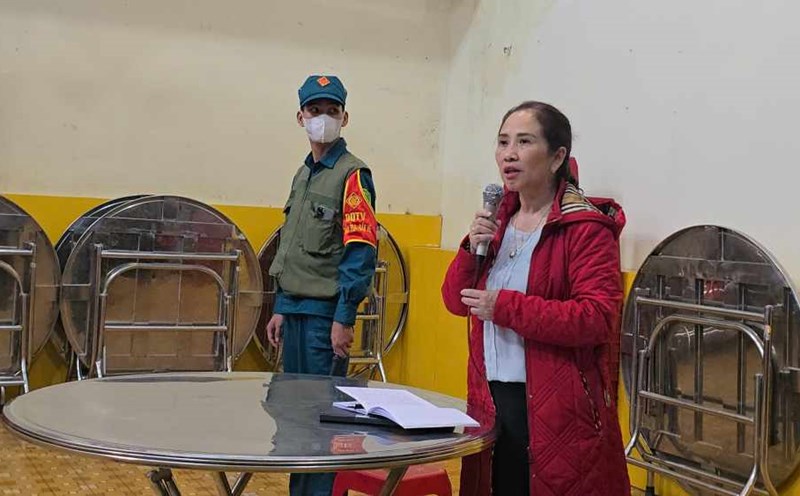On September 24, WhatsApp (Meta's messaging app) officially announced the live messaging version on the platform. With billions of users worldwide, the new feature is expected to remove language barriers and expand cross-border connectivity.
According to Google, users just need to press and hold the message received in another language, then select Dich from the drop-down menu.
The system will display the translated version immediately and users can also save the translated content. This feature works for both individual and group conversations and channel updates.
Notably, Android users have the option to automatically turn on the entire chat chain.
When this feature is enabled, all incoming messages will be translated in real time, providing a more seamless communication experience.
Google affirmed that the entire transition process takes place right on the device to ensure data privacy and safety.
Currently, the Android testing version supports 6 languages, including: English, Spanish, Hindi, Portuguese, Russian, and English.
Meanwhile, iPhone users will soon have access to more than 19 other languages, expected to be deployed in the near future.
This helps Google gradually become a global communication tool, meeting the diverse connection needs of users in many regions.
Not only stopping at the translation feature, in August, Google also launched the AI writing help tool (Writing Help).
This feature allows editing, re-writing, or changing the tone of messages before sending. Users can receive suggestions from AI to express more professionally, happily or inspiringly, while minimizing spelling and grammar errors.
The continuous integration of translation tools and AI shows that Meta is accelerating its orientation to turn Google into a smart, safe and comprehensive communication platform.
Technology experts say that this will be an important step forward to help WhatsApp compete more strongly with other multilingual messaging apps, while supporting the global community to communicate more effectively.










